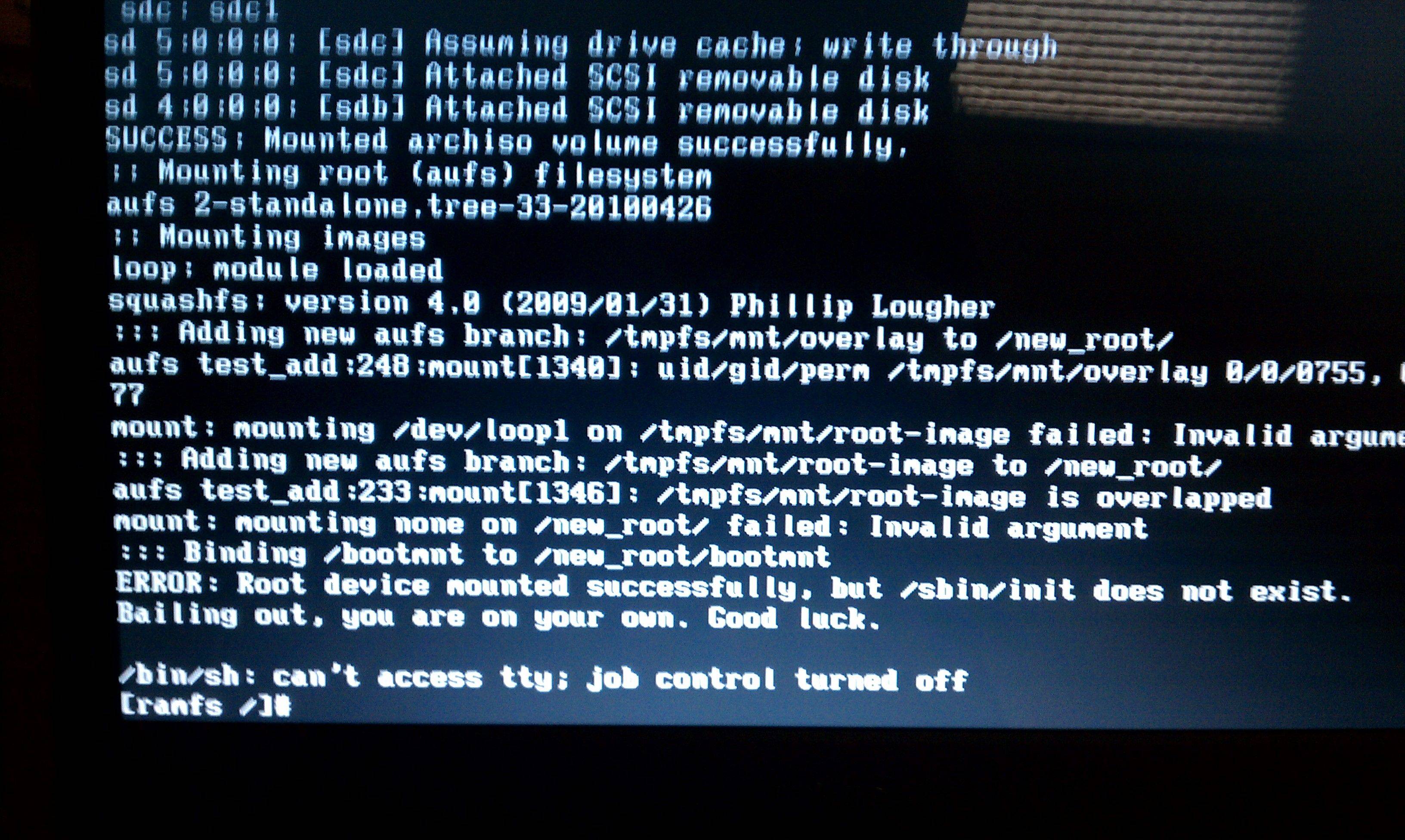

An error message you can get if you really manage to mess things up. I got it once a few years ago.



An error message you can get if you really manage to mess things up. I got it once a few years ago.



I don’t know how widespread it is outside of metal, but I’ve been seeing more and more bands offering tapes. Sometimes a release is only on tape, other times the tape might be $6, the CD $15 and the LP $25, so there are different ties available for those who want a physical copy. I probably got 10 tapes or so within the last year.


I have a TV for when I have time to play games on my PS3 or PS4 these days, but I watch the vast majority of my stuff on my computer. Unless I’m watching something that’s available in 4K that I feel is worth it, why would I bother going to another room just to watch stuff that is streaming off my NAS and accessible on my computer anyway?
I feel like a lot of people just don’t have much reason to turn on their TV to watch stuff unless they still have cable and want to watch live sports.


It might now be the most common thing to use it for food in Brazil, but I’ve even seen pizza ads offering to finance a pizza in 4 installments.
Yeah, it’s just tradition at this point, though I feel like native speakers really try to oversell its usefulness when someone questions if the opening signs are necessary. People act like they routinely need to read text written like the Cartas de relación out loud, and thus, need the additional warning lest they get lost in the long, multi-clause sentences. Like, I could understand if you had to read something like
out loud on a regular basis, but even contemporary literary Spanish doesn’t tend to have nearly the same amount of sentences that just go one for half a page, much less the sort of stuff people would write to each other normally.
As you’ve mentioned, other syntactically similar languages do just fine without them, even including other Romance languages spoken in various regions of Spain. The only exception I’m aware of is Asturianu, which apparently also uses them, though apparently they’re optionally allowed in Galego Real Academia Galega. On page 38 of the PDF, it says they’re entirely optional if you want to facilitate reading by including them.